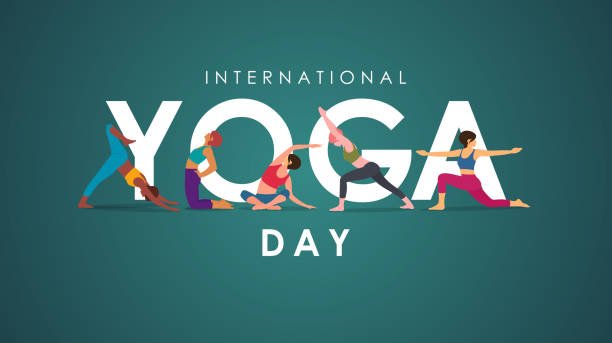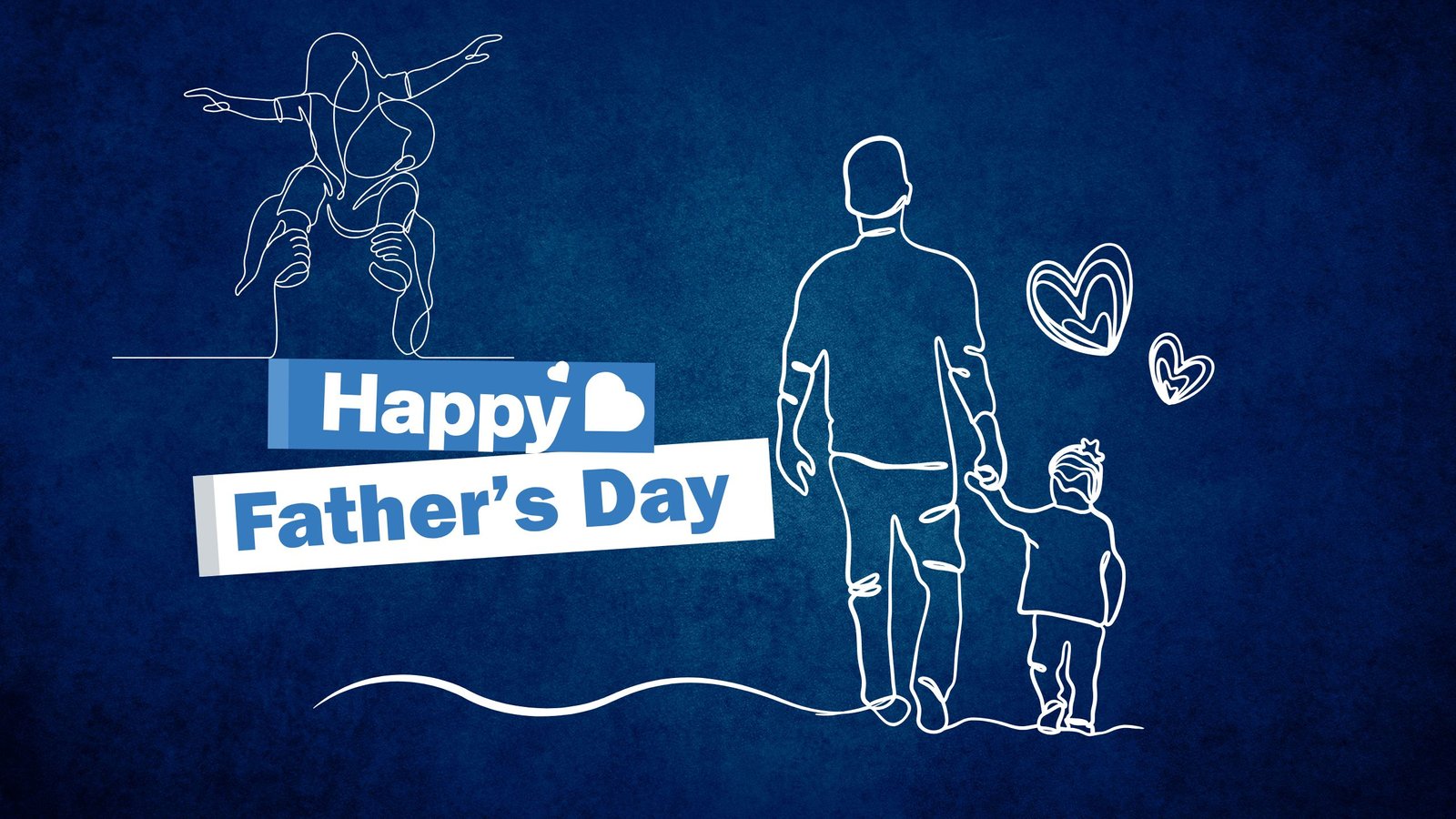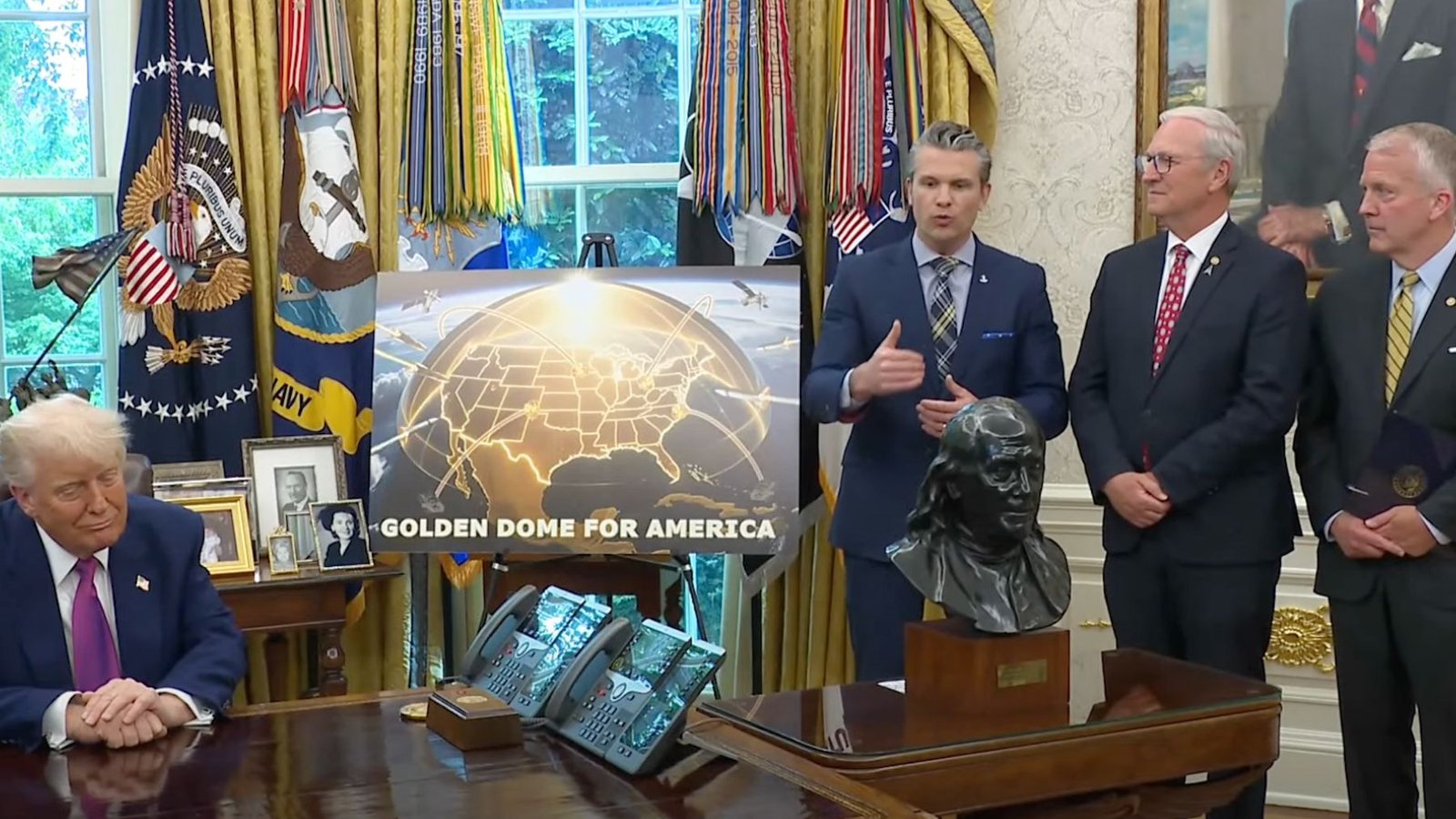On Easter Monday, April 21, 2025, the world bid farewell to Pope Francis, who passed away at the age of 88 in his residence at the Vatican’s Casa Santa Marta. The Vatican confirmed that he died of a stroke and irreversible heart failure, following a prolonged battle with double pneumonia and other health complications. His death marks the end of a historic papacy that began on March 13, 2013, when he became the 266th pope and the first from Latin America, the first Jesuit, and the first non-European pontiff in over 1,200 years.
Early Life: From Buenos Aires to the Vatican
Born Jorge Mario Bergoglio on December 17, 1936, in Buenos Aires, Argentina, Pope Francis was the son of Italian immigrants. He joined the Society of Jesus (Jesuits) in 1958 and was ordained a priest in 1969. Known for his humility and dedication to social justice, he rose through the ranks to become Archbishop of Buenos Aires in 1998 and was appointed a cardinal in 2001.
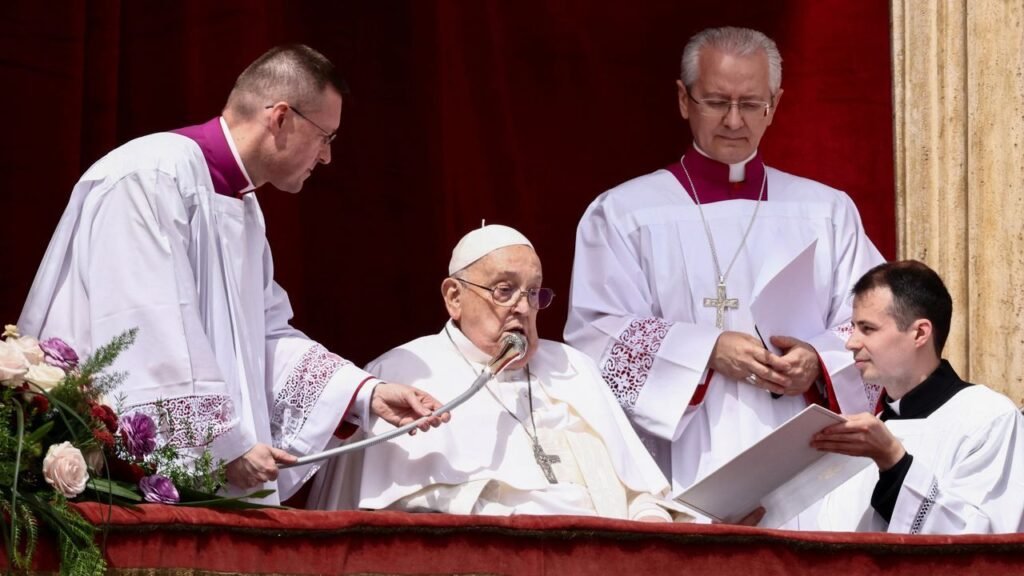
A Papacy of Firsts and Reforms
Pope Francis’s election broke centuries-old traditions, bringing a new perspective to the papacy. He chose the name Francis in honor of Saint Francis of Assisi, reflecting his commitment to humility and care for the marginalized.
His emphasis on mercy and compassion was central to his message. In his apostolic exhortation, Evangelii Gaudium (“The Joy of the Gospel”), he called for a renewed focus on evangelization, urging the Church to be more welcoming and inclusive. He stressed the importance of reaching out to those on the peripheries of society, including the poor, the sick, and the imprisoned.
Throughout his tenure, he focused on inclusivity, compassion, and addressing modern challenges:
- Environmental Advocacy: His 2015 encyclical, Laudato Si’, called for urgent action against climate change and emphasized the moral responsibility to protect the environment.
- Social Justice: He championed the rights of migrants and refugees, often highlighting their plight in his speeches and actions.
- Church Reforms: Pope Francis took steps to address clerical sexual abuse, implementing measures to hold perpetrators accountable and support victims.
- Inclusivity: He expressed support for civil unions for same-sex couples, marking a significant shift in the Church’s approach to LGBTQ+ issues
Pope Francis was a vocal advocate for social justice, speaking out against inequality, poverty, and the exploitation of the vulnerable. He frequently addressed issues such as climate change, immigration, and human trafficking.
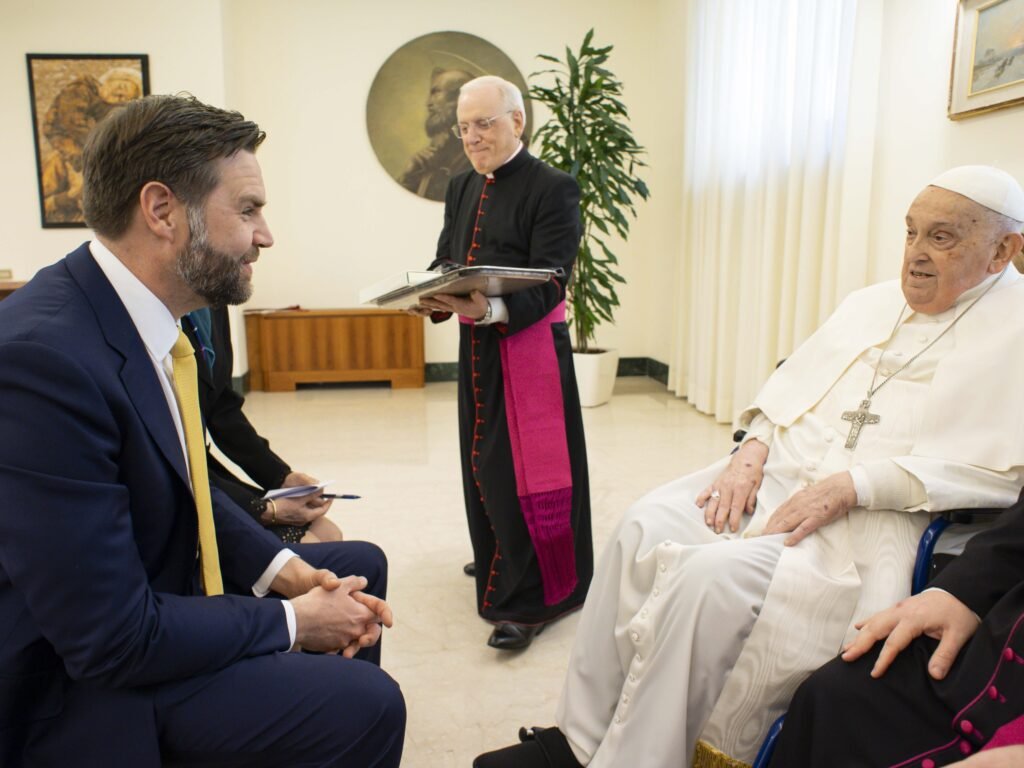
His encyclical Laudato Si’ (“Praise Be to You”) in 2015 was a landmark document that called for urgent action to address the environmental crisis. He connected environmental degradation with social injustice, arguing that the poor are disproportionately affected by climate change. This encyclical had a significant impact on global discussions about environmental policy. According to a study by the Pew Research Center, 76% of U.S. Catholics agreed with the Pope’s views on climate change.
Pope Francis was a strong proponent of interreligious dialogue, seeking to build bridges with other faiths. He fostered relationships with leaders of various religions, including Islam, Judaism, and Orthodox Christianity. His efforts to promote peace and understanding were particularly significant in a world often marked by religious conflict.
His historic meeting with Grand Imam Ahmed el-Tayeb in Abu Dhabi in 2019 resulted in the signing of the “Document on Human Fraternity for World Peace and Living Together,” a joint statement calling for peace and cooperation among religions.
Legacy: A Pope for the People
From the outset, Pope Francis distinguished himself with his simple lifestyle and his focus on the marginalized. His actions resonated with millions, both within and outside the Catholic faith. His impact extended beyond the Catholic Church:
- Canonizations: He canonized over 900 new saints, recognizing individuals from diverse backgrounds and cultures.
- Global Influence: His teachings and actions resonated with people worldwide, earning him admiration across different faiths and communities.
- Simplifying the Papacy: He chose to live in the modest Casa Santa Marta instead of the Apostolic Palace, reflecting his commitment to humility.

Final Days and Funeral Arrangements
In his final days, Pope Francis continued to fulfill his duties, delivering his last public appearance on Easter Sunday, April 20, 2025, where he gave the traditional Urbi et Orbi blessing.
According to his wishes, he will be buried in the Basilica of Santa Maria Maggiore in Rome, making him the first pope to be interred outside the Vatican since Pope Leo XIII in 1903. The funeral is expected to take place within four to six days following his death, with dignitaries from around the world anticipated to attend.
Conclusion
Pope Francis leaves behind a legacy of compassion, humility, and a commitment to social justice. His papacy resonated with people of all faiths and backgrounds, and his message of mercy and inclusion had a profound impact on the world.
His emphasis on reaching out to the marginalized, his advocacy for environmental protection, and his commitment to interreligious dialogue will continue to inspire generations. He redefined the image of the papacy, making it more accessible and relatable to people around the world.
His passing marks the end of a chapter, but his legacy will endure, shaping the future of the Catholic Church and the world. His emphasis on a church of the poor, by the poor, and for the poor will continue to be a rallying cry for those seeking a more just and compassionate world.
The world mourns the loss of a remarkable leader, a humble servant, and a beacon of hope. Pope Francis’s contributions to the Catholic Church and to humanity will be remembered for years to come.












